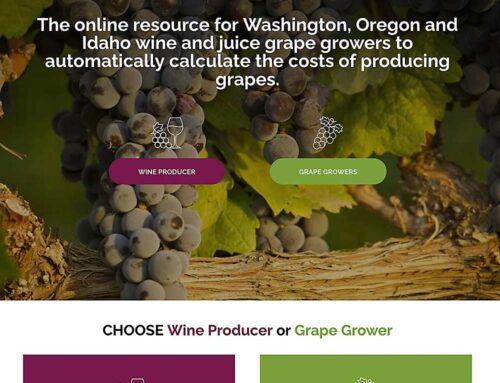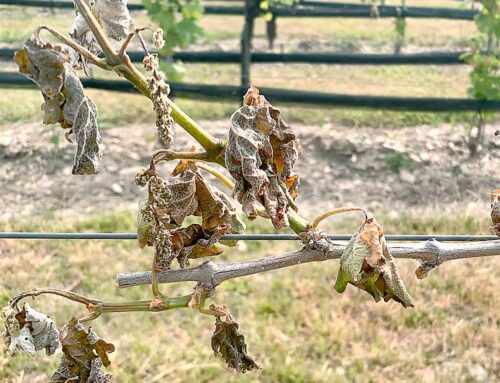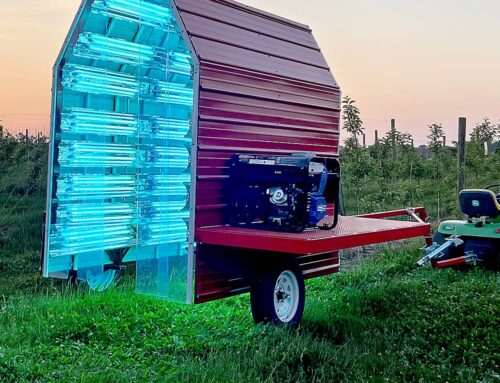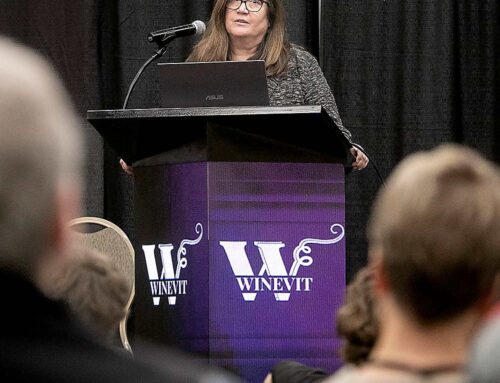Mike and Judi Scott, owners of Martin-Scott Winery in East Wenatchee, Washington, would agree. They produce just 1,000 cases of wine with the aim of selling as much as possible themselves to avoid sharing their profits with a distributor.
They sell about 80 percent of their production from their tasting room and the remaining 20 percent through local retailers and restaurants.
Mike, who has worked in the tree fruit industry his whole career and has been involved in grape production for almost two decades, said the ability to sell their own wines has been critical in the success of the winery.
“If you take a look at it from a financial point of view, if I was not doing my own marketing, I would be giving up 30 to 50 percent of the value of the product we just worked our tail ends off all year long–or longer than that–to create, and we’ve had enough of that in our apple business.”
Mike said anyone thinking of going into the wine business should do so with caution. The Scotts actually have more tree fruits than grapes, and the orchard is still the cornerstone of their business. In fact, they would not have planted the vineyards if they’d not already had the land, equipment, and water, for example, he said.
“We’ve had more people than I can recall come here and say, ‘I have two acres beside my house, and I would really like to grow grapes.’
“I begin flat-out by discouraging them, and the reason is they don’t have any of the body of support, equipment, or help to access, so it has to be one man or one woman, or two people doing that work, and that’s a lot of work. You have to be willing to put money into that rather than going to the opera in Seattle or to Maui for two weeks. That has to become your thing.
Backwards
“And if you’re going to sell the grapes to a winemaker, you’re going to end up going backwards because the big commercial vineyards that sustain most of the large wineries do it on such a large scale, and their costs are so different, that for the small handheld vineyard there’s just no leverage there.
“The only way you would want to plant two acres of grapes is if you were determined to open a wine shop in your basement, and then you can take the margin that’s in the winemaking and marketing and build it into your model,” he added. “But just to grow a few grapes to take to a winemaker doesn’t make any sense. I’ve discouraged countless doctors, attorneys, and Microsoft people from getting into growing grapes.”







Leave A Comment